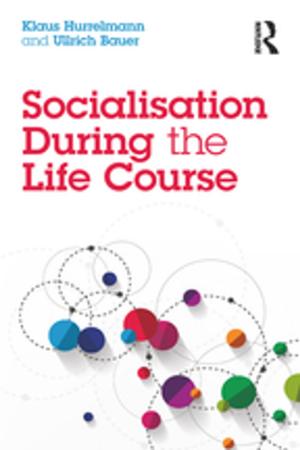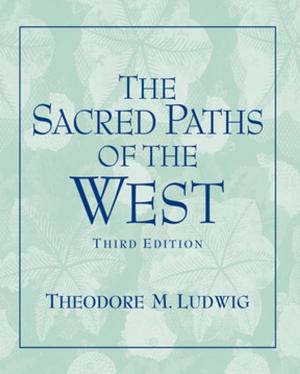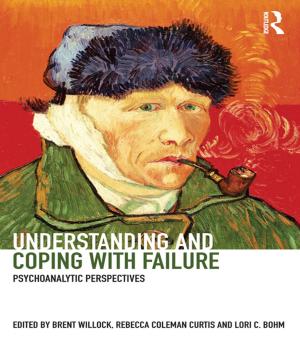Queer Necropolitics
Nonfiction, Reference & Language, Law, International, Social & Cultural Studies, Political Science, International Security| Author: | ISBN: | 9781136005367 | |
| Publisher: | Taylor and Francis | Publication: | February 3, 2014 |
| Imprint: | Routledge | Language: | English |
| Author: | |
| ISBN: | 9781136005367 |
| Publisher: | Taylor and Francis |
| Publication: | February 3, 2014 |
| Imprint: | Routledge |
| Language: | English |
This book comes at a time when the intrinsic and self-evident value of queer rights and protections, from gay marriage to hate crimes, is increasingly put in question. It assembles writings that explore the new queer vitalities within their wider context of structural violence and neglect. Moving between diverse geopolitical contexts – the US and the UK, Guatemala and Palestine, the Philippines, Iran and Israel – the chapters in this volume interrogate claims to queerness in the face(s) of death, both spectacular and everyday.
Queer Necropolitics mobilises the concept of ‘necropolitics’ in order to illuminate everyday death worlds, from more expected sites such as war, torture or imperial invasion to the mundane and normalised violence of racism and gender normativity, the market, and the prison-industrial complex. Contributors here interrogate the distinction between valuable and pathological lives by attending to the symbiotic co-constitution of queer subjects folded into life, and queerly abjected racialised populations marked for death. Drawing on diverse yet complementary methodologies, including textual and visual analysis, ethnography and historiography, the authors argue that the distinction between ‘war’ and ‘peace’ dissolves in the face of the banality of death in the zones of abandonment that regularly accompany contemporary democratic regimes.
The book will appeal to activist scholars and students from various social sciences and humanities, particularly those across the fields of law, cultural and media studies, gender, sexuality and intersectionality studies, race, and conflict studies, as well as those studying nationalism, colonialism, prisons and war. It should be read by all those trying to make sense of the contradictions inherent in regimes of rights, citizenship and diversity.
This book comes at a time when the intrinsic and self-evident value of queer rights and protections, from gay marriage to hate crimes, is increasingly put in question. It assembles writings that explore the new queer vitalities within their wider context of structural violence and neglect. Moving between diverse geopolitical contexts – the US and the UK, Guatemala and Palestine, the Philippines, Iran and Israel – the chapters in this volume interrogate claims to queerness in the face(s) of death, both spectacular and everyday.
Queer Necropolitics mobilises the concept of ‘necropolitics’ in order to illuminate everyday death worlds, from more expected sites such as war, torture or imperial invasion to the mundane and normalised violence of racism and gender normativity, the market, and the prison-industrial complex. Contributors here interrogate the distinction between valuable and pathological lives by attending to the symbiotic co-constitution of queer subjects folded into life, and queerly abjected racialised populations marked for death. Drawing on diverse yet complementary methodologies, including textual and visual analysis, ethnography and historiography, the authors argue that the distinction between ‘war’ and ‘peace’ dissolves in the face of the banality of death in the zones of abandonment that regularly accompany contemporary democratic regimes.
The book will appeal to activist scholars and students from various social sciences and humanities, particularly those across the fields of law, cultural and media studies, gender, sexuality and intersectionality studies, race, and conflict studies, as well as those studying nationalism, colonialism, prisons and war. It should be read by all those trying to make sense of the contradictions inherent in regimes of rights, citizenship and diversity.















